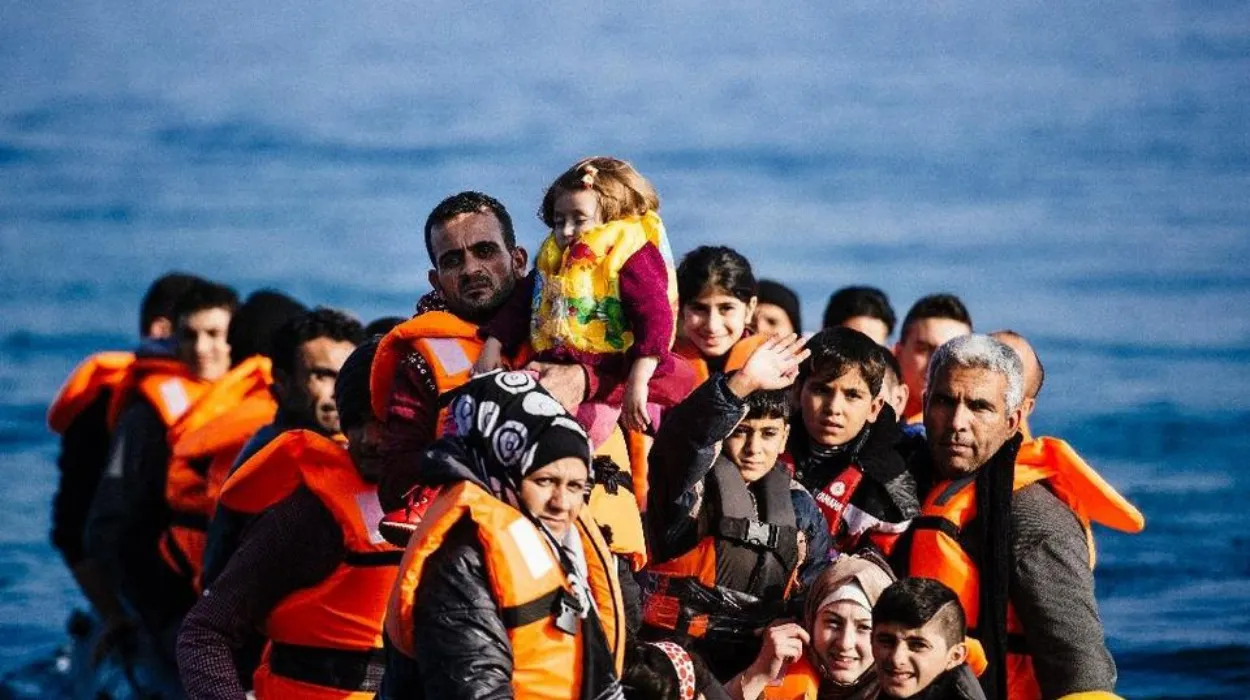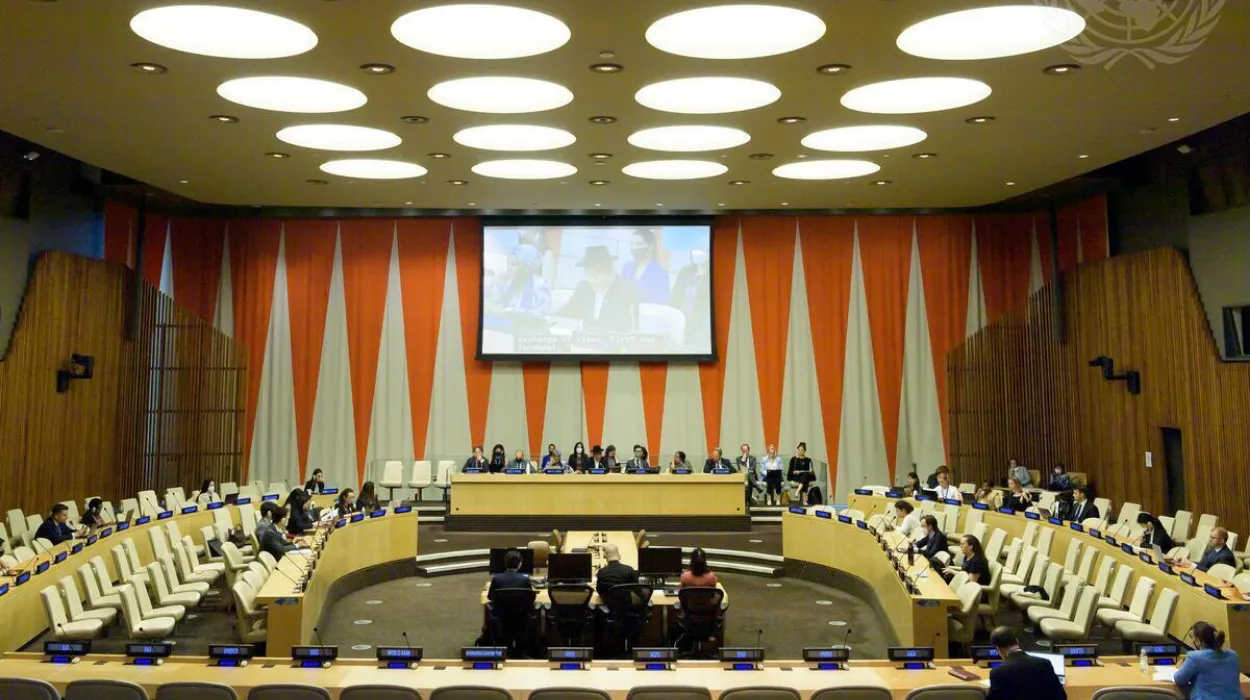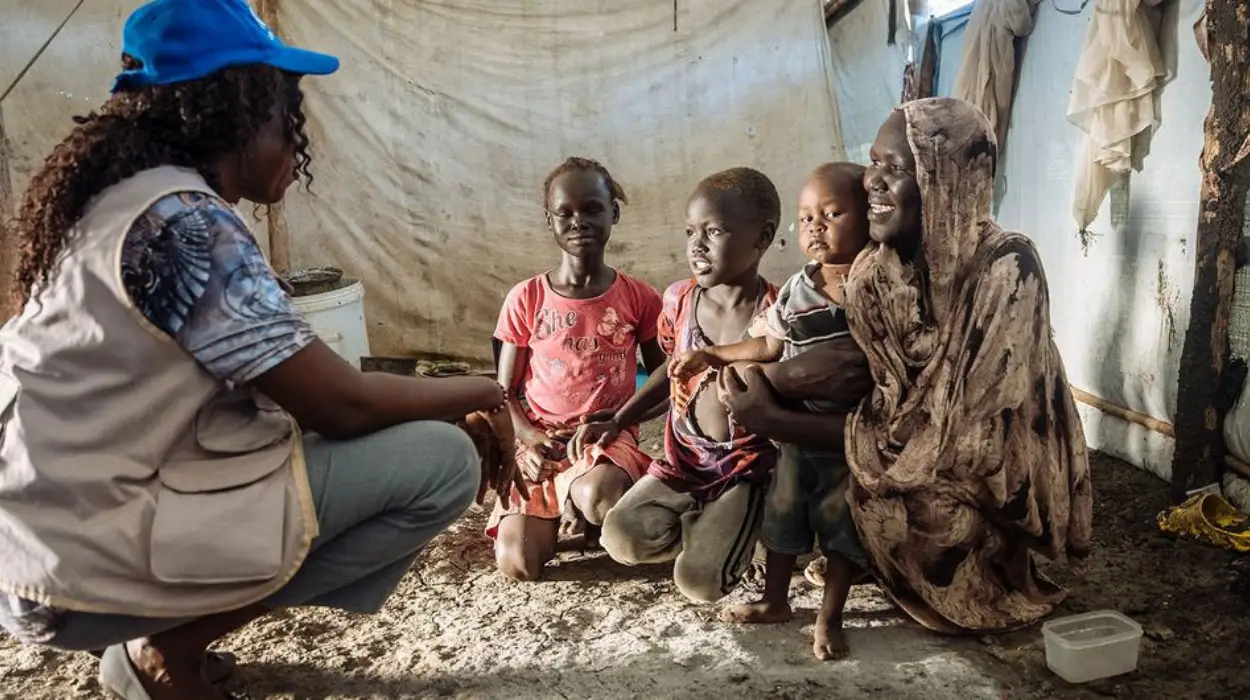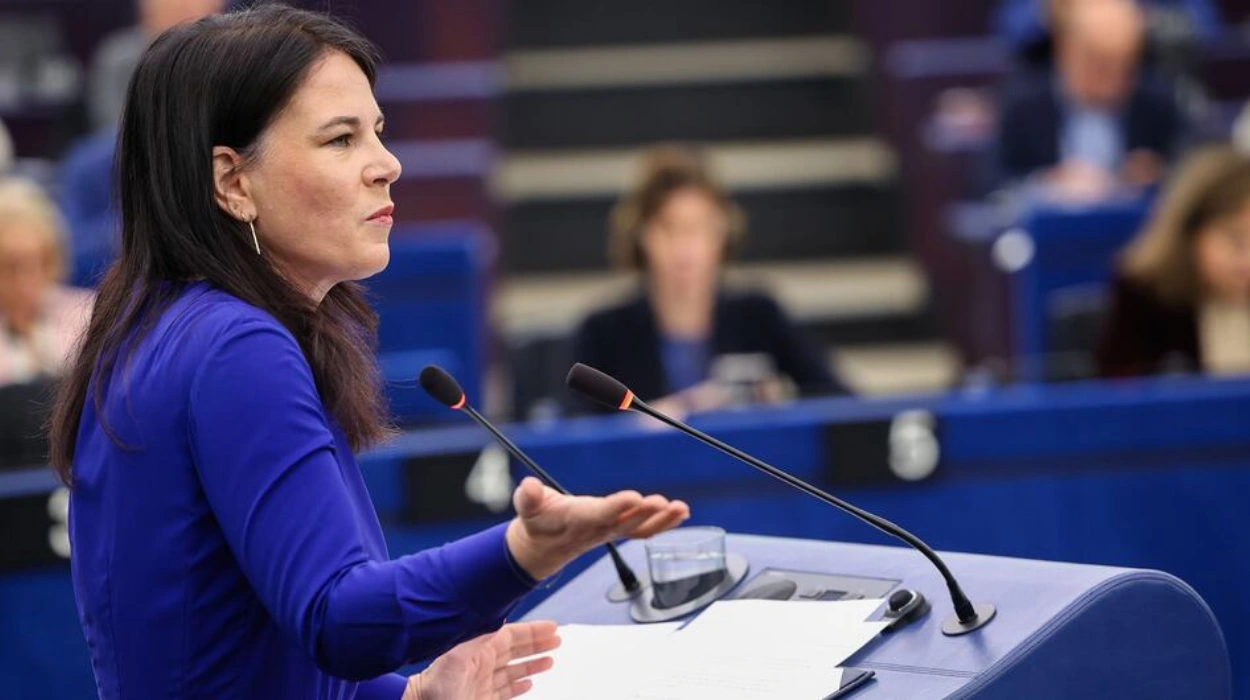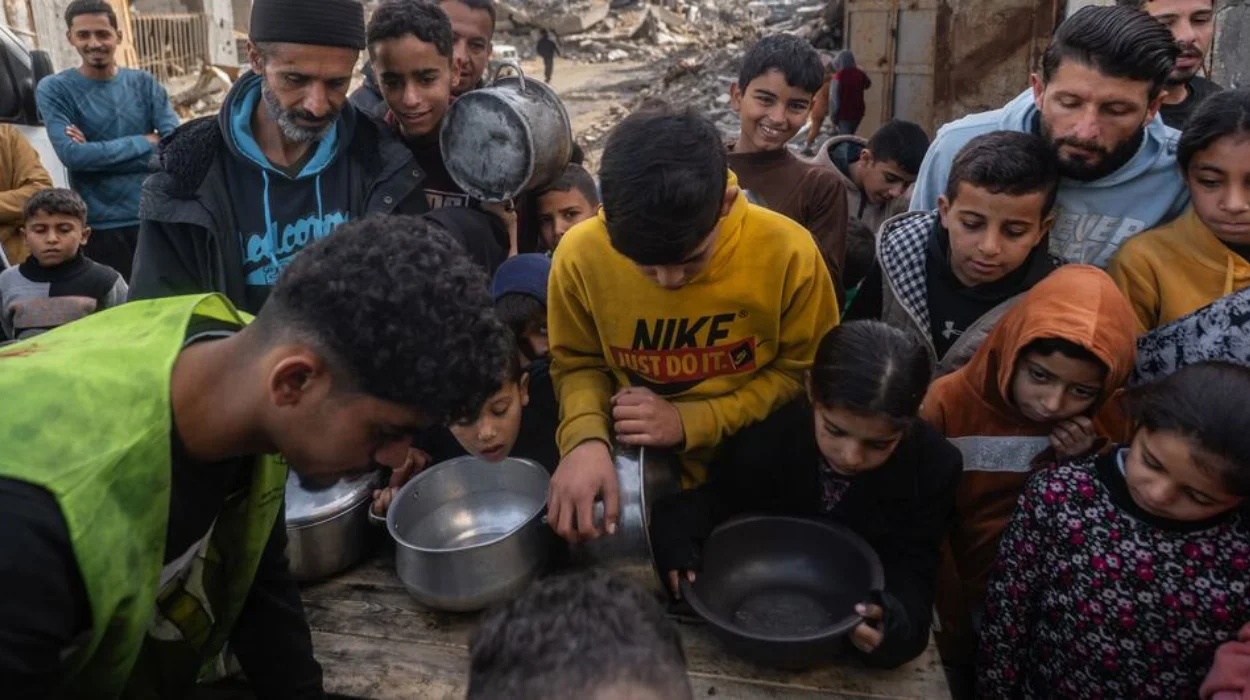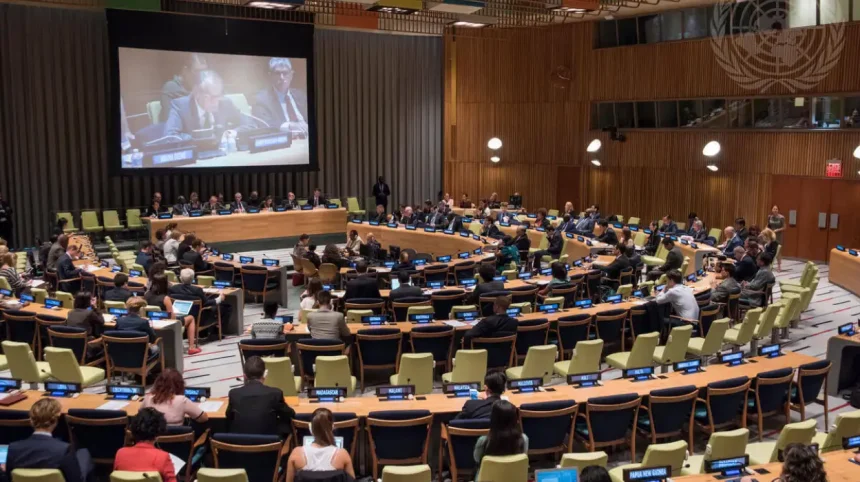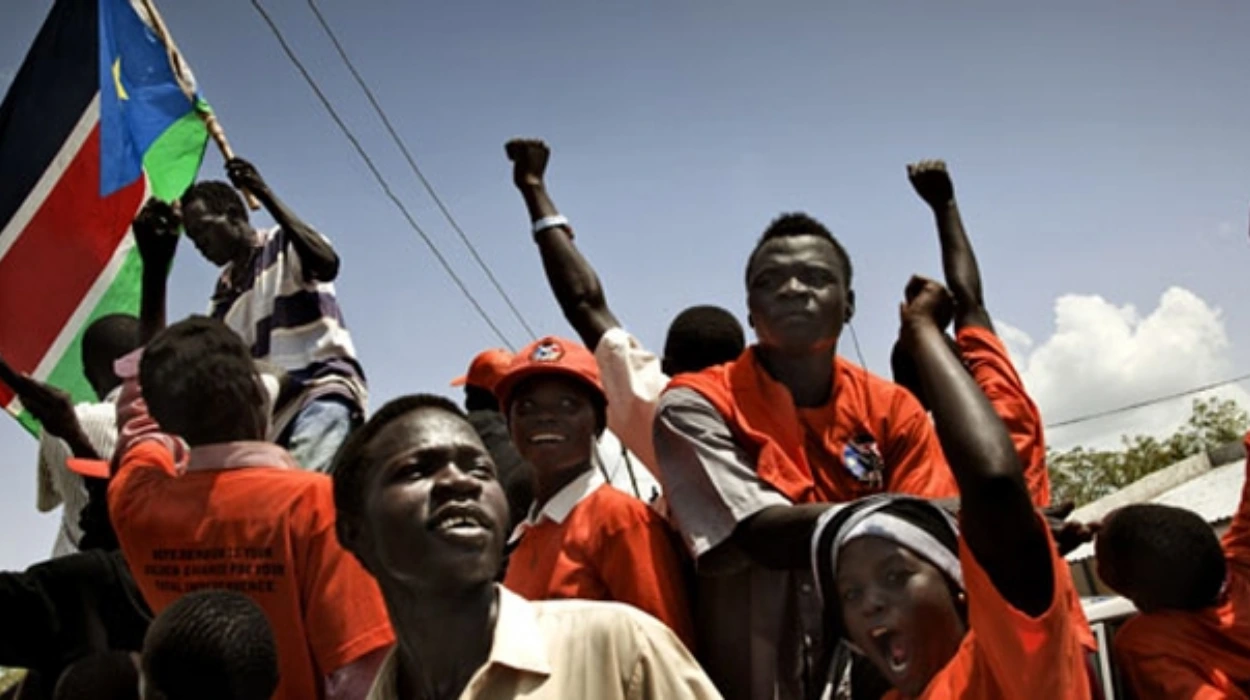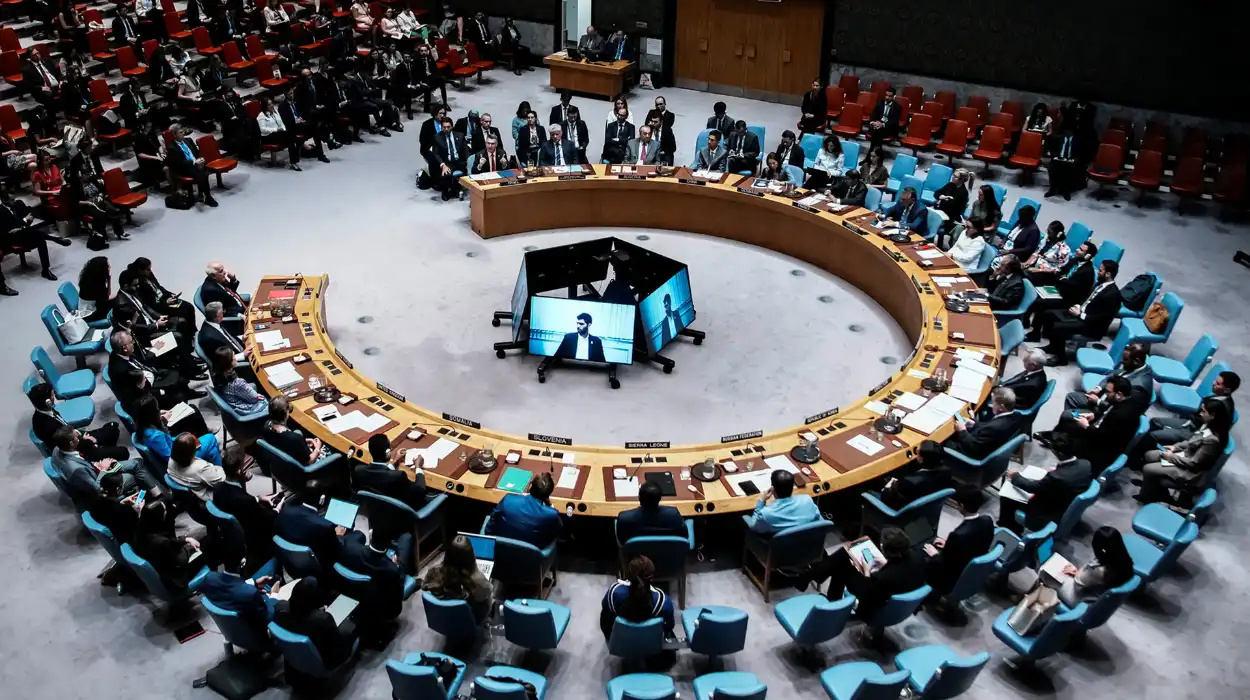NGOs have a very critical function in the running of the United Nations. NGOs are integrated into the UN system, either by supporting humanitarian reactions or by helping to formulate discourse on human rights or offering technical advice, in the form of consultative status. Such inclusion has been growing progressively ever since Article 71 of the UN Charter permitted such participation, making civil society have a voice in the global government.
At present, NGOs consult on thematic matters, such as climate change, gender equality, and help carry out the UN programmes at the grassroots level. They tend to enhance the voices of the marginalized and make UN initiatives more legitimate. However, as their power increases, so does the question on who is accountable to these organizations particularly when they are transnational and their activities are politically sensitive.
Current Frameworks For NGO Oversight At The UN
Oversight starts at the ECOSOC, the Economic and social council of the UN where NGOs are given the consultative status. Applications are assessed, conduct is monitored and complaints are reviewed by the Committee on NGOs, a body of ECOSOC. Ideally, NGOs are expected to be transparent and adhere to UN values in order to be allowed to maintain their privileges.
Accreditation And Reporting Obligations
The NGOs must also provide quadrennial reports which reflect their activities and financial operations in the UN. Such reports are to give an understanding of how they utilize their access and whether their work is in line with the objectives of the UN. Failure to send reports, or other signs of wrongdoing may result in suspension or loss of status.
Limitations Of Existing Mechanisms
Although there are mechanisms, they are not fully comprehensive and enforced. The majority of supervision is rather reactive than foreseeable. The existing model does not have the capability of independent audit and the reporting is mostly self-proclaimed and not verified by a third party. Smaller NGOs are often constrained when trying to navigate through the administrative processes and larger organizations are at times off the hook because of their political or donor-based influence.
Challenges In Monitoring NGOs
Monitoring NGOs within the UN system has a lot of structural and political challenges. These challenges make it difficult to design a uniform and equitable accountability structure.
Complexity Of NGO Operations And Funding
NGOs are usually cross-border in nature, with multi-source funding which might involve government grants, private foundations and corporate contributions. Such financial flows cannot be easily traced to be audited especially when the funds have been directed to intermediaries or operating in weak states.
Governance, Ethics, And Transparency Deficits
Not every NGO has high standards of internal governance. Others do not have clear decision-making, shared leadership or beneficent feedback systems. There has been conflict of interest or preference to donor visibility over long-term impact that has been criticized on others. This makes them less credible and would hurt the dependence of the UN on them.
Political Sensitivities And UN Dynamics
NGOs have a way of questioning state policies, particularly human rights or environmental matters. This advocacy position tends to put them in opposition to member states. Because of this, there are governments who seek to restrict the power of NGOs in the UN by citing accountability as a reason to ban. The politicization of UN discussions makes it hard to have neutral oversight systems that ensure a balance between scrutiny and independence.
Stakeholder Perspectives On Accountability
The stakeholders differ on how and to what extent NGOs should be accountable at the UN. These distinctions indicate wider conflicts between the control of the institutions and the freedom of the civil society.
Member State Positions
Some of the member states, especially those that have been very restrictive towards civil society have called for stricter regulation. They usually suggest further vetting or limitation of the NGO participation with the argument of national sovereignty. Others particularly those of liberal democracies call to maintain an open access, but to enhance transparency.
UN Officials And Institutional Interests
Most of those in the UN Secretariat recognize the need as well as the complexity of NGO participation. There has been a growing call by the officials towards capacity-building programs and digital solutions to promote greater accountability in the NGOs without bureaucratizing access. Another point they raise concerns the need to ensure that there is continued collaboration with local organizations that work in conflict zones or underserved areas.
NGO Community Responses
In the NGO community there is a wide consensus regarding the necessity of transparency but opposition to excessive regulation. The majority of well-established NGOs have voluntary codes of conduct and issue annual impact reports. They believe that top-down monitoring is not as effective as stakeholder engagement even with the affected communities. Civil society formations have also advocated participatory models of accountability that enable the beneficiaries.
Emerging Innovations And Future Directions
The new opportunities in enhancing the NGO monitoring at the UN are brought about by recent technological and institutional developments.
Technology And Transparency Tools
Both NGOs and UN agencies are testing blockchain-based donation tracking and AI-powered compliance checks, as well as impact assessment tools, which build on data. These instruments may facilitate the work of reporting and independently verify the results of the work on the project.
Peer Review And Self-Regulation Models
They are currently making attempts to pursue peer review systems, in which NGOs review each other against agreed standards. Such systems serve to improve the standards in the sector without suffocation of diversity and innovativeness. NGO platforms in the region and umbrella bodies can have a major role in ensuring that such models could be facilitated.
Global Framework Alignment
The SDGs offer a standard platform to measure the effectiveness of NGOs. By linking the NGO reporting requirements to SDG progress measurements, one can ensure that the work of this organization is aligned to global priorities and, at the same time, allows comparison. Some of the UN organizations are piloting the use of integrated dashboards to monitor in real-time NGO-funded projects in sectors like health, education and gender equality.
Reimagining Oversight For A Complex Global Civil Society
The responsibility of NGOs within the UN is not only a question of disciplinary measures of an organization, but also a question on the issues of legitimacy, representation and power in international relations. NGO provides a linkage between world institutions and localities and its credibility relies on its integrity which contributes to the credibility of multilateralism.
However, the systems of assuring this integrity have to change. It takes prudent creativity to combine scrutiny with freedom, inclusivity with standards and autonomy with responsibility. With the increasing complexity of global challenges, the alliance of the UN and the NGOs should be supported by the mechanisms that foster trust, efficiency, and ethical behavior to make sure the watchdogs are deserving of their presence on the global arena.


